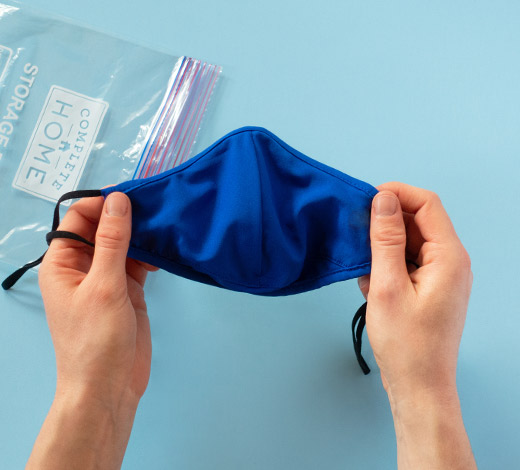
What is lactose intolerance?
Lactose intolerance is when the body can’t easily or fully
digest lactose. Lactose is a sugar mostly found in milk in
other dairy products. The body has an enzyme called lactase that digests lactose; when the body has low levels of that enzyme, it can’t work fast enough to
fully digest the lactose.
Is lactose intolerance the same as a dairy allergy?
This is different than a food allergy to milk. In an
allergy, the body reacts to the substance, with lactose intolerance, the body
doesn’t’ have enough enzyme to digest the substance.
What are the signs, symptoms and causes of lactose intolerance?
Symptoms can be from mild to quite severe. Common symptoms
are abdominal bloating and cramps, flatulence, diarrhea, nausea, and sometimes
vomiting. These usually happen from
about 30 minutes up to 2 hours after consuming milk or dairy products. Lactose intolerance commonly runs in families and often develops during the
teen years.
How is it diagnosed?
One initial way to check is to stop drinking milk or
consuming dairy products for a week or so and see if the symptoms go away. If
you are unsure and need stronger confirmation there are 4 tests that can be
done: a hydrogen breath test, a lactose tolerance blood test, a stool acidity
test (for infants and children) and an intestinal biopsy. All of these tests
are ordered by a physician.
What else could these signs and symptoms be?
Several conditions can the symptoms listed above such as
gastroenteritis, Crohn’s Disease, Celiac Disease and Irritable Bowel Syndrome. If
you have stopped drinking milk to consuming dairy products and the symptoms are
continuing, you should see a doctor to get the correct diagnosis.
How do you know if you’re lactose intolerant?
To answer that question, try stopping milk for several days
and see if the symptoms improve. If they
do then there are several things you can do to manage this. Talk with your
pharmacist or physician about possible treatments. If not, then see your doctor
to investigate further.


